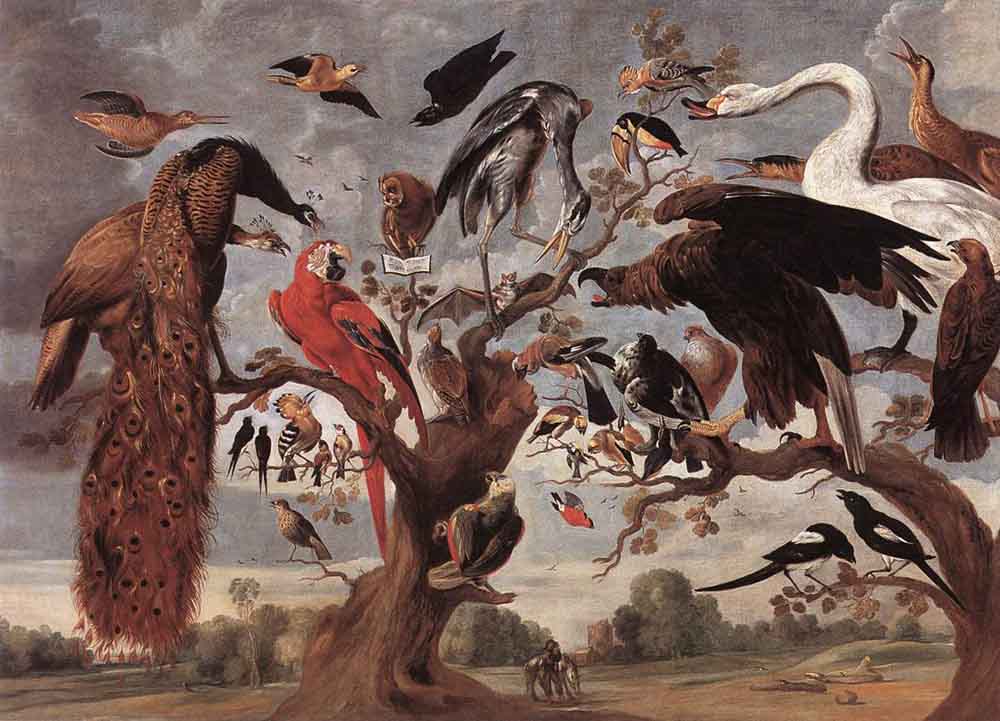
Mockery
Mockery or mocking is the act of insulting or making light of a person or other thing, sometimes merely by taunting, but often by making a caricature, purporting to engage in imitation in a way that highlights unflattering characteristics. Mockery can be done in a lighthearted and gentle way,[1] but can also be cruel and hateful, such that it "conjures images of corrosion, deliberate degradation, even subversion; thus, 'to laugh at in contempt, to make sport of' (OED)".[2] Mockery appears to be unique to humans, and serves a number of psychological functions, such as reducing the perceived imbalance of power between authority figures and common people. Examples of mockery can be found in literature and the arts.
"Derision", "Making fun of", "Scoffing", and "Ridicule" redirect here. For other uses, see Bullying, Ridiculous, Mockery (disambiguation), and Ridicule (disambiguation).